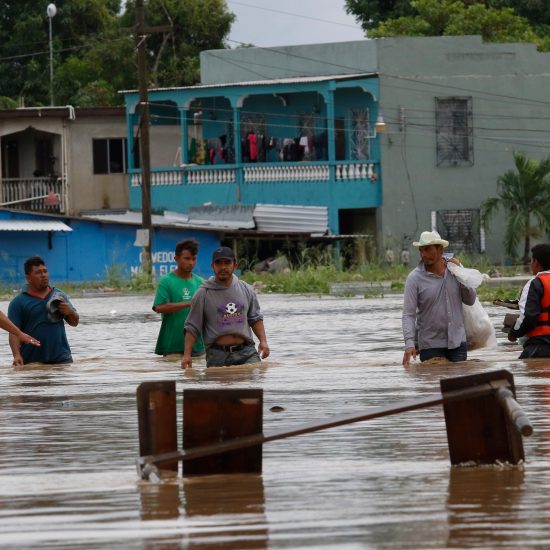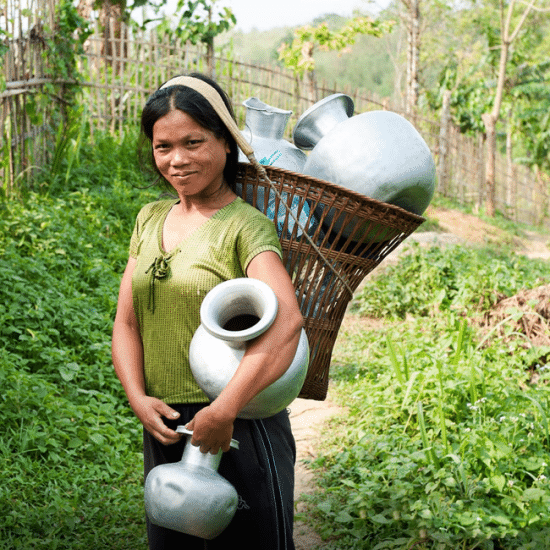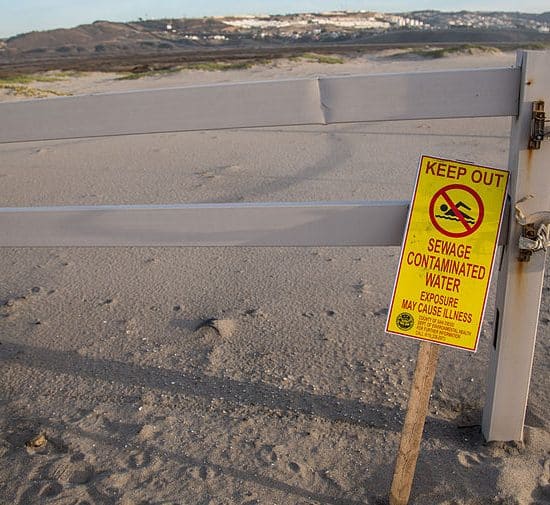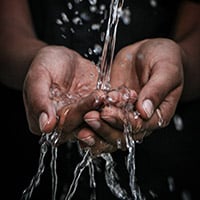More than 2 billion people do not have easy access to clean water and more than 4 billion lack proper sanitation, according to a joint World Health Organization and U.N. Children’s Fund report.
Only 71 percent of the global population has safely managed drinking water available, which means 2.1 billion people still do not.
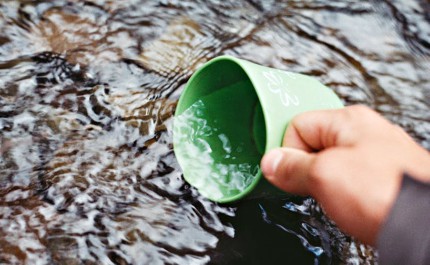 Only 71 percent of the global population has safely managed drinking water available, which means 2.1 billion people still do not.Safely managed drinking water must meet three criteria: “accessible on premises, available when needed, and free from fecal and priority chemical contamination.”
Only 71 percent of the global population has safely managed drinking water available, which means 2.1 billion people still do not.Safely managed drinking water must meet three criteria: “accessible on premises, available when needed, and free from fecal and priority chemical contamination.”
Sixty-one percent of the world (4.5 billion people) cannot access safely managed sanitation services.
The criteria for safely managed sanitation are: “safely disposed in situ (contained and not emptied, or emptied and buried on site), or emptied from on-site storage facilities, transported to a treatment plant and treated, or removed from the home through sewer lines and treated at a treatment plant.”
Lack of access to safely managed clean water and sanitation was most prevalent in sub-Saharan Africa, Oceania and central and southern Asia.
“Safe water, sanitation and hygiene at home should not be a privilege of only those who are rich or live in urban centres,” asserted Tedros Adhanom Ghebreyesus, director-general of World Health Organization, in a press release announcing the report. “These are some of the most basic requirements for human health, and all countries have a responsibility to ensure that everyone can access them.”
The full report is available here. An EthicsDaily.com series for World Water Day 2017 highlighting Baptist clean water initiatives is available here.
This article originally appeared on EthicsDaily.com.


